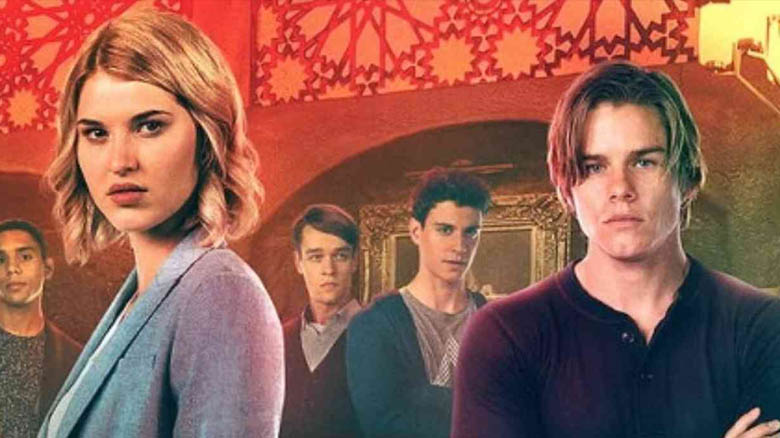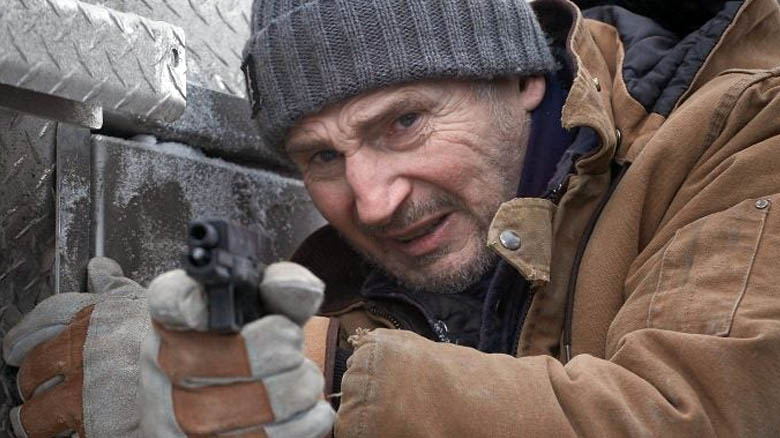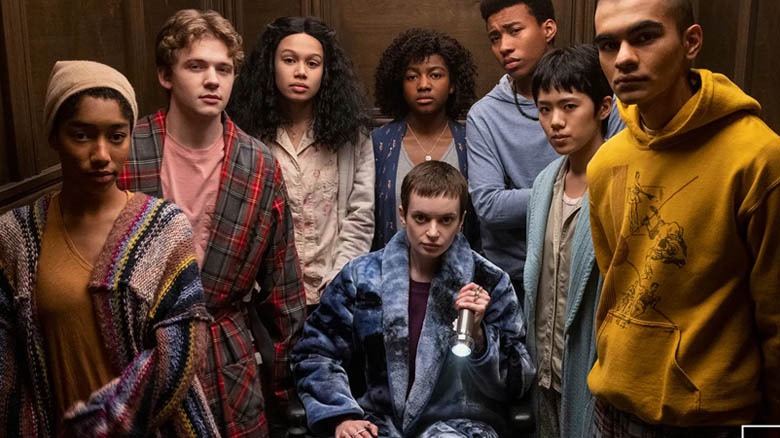4520Views 0Comments


The Order Season 2 Review


The Order is one of those shows on Netflix that tends to escape notice due to scant publicity and an inability for word-of-mouth to adequately explain how good it is without sounding ridiculous talking about werewolves and secret magical organizations on a college campus. Fortunately, season 2 pivots away from its revenge plot for male protagonist Jack Morton and focuses on one of the most surprising successes of the first season: the Knights of St. Christopher. Despite the fact that the werewolves spent a few episodes regaining their memories and feeling sore about it, their eventual place as the Order’s enforcers was a central role they very much deserved.
At first it seemed like the acolyte handlers manipulating Jack, Randall, Hamish, and Lilith were misguided but harmless. Most fans didn’t love the memory wipe of the season one finale in the first place, but as a delay tactic for allowing Alyssa to believably persuade Grand Magus Vera Stone to induct the Knights, it was pretty solid. The Order often takes jarring narrative leaps that don’t always make sense at first, which can be to its detriment, but in this case, the difficulties with the rogue practitioner and the initial decision to rob the reliquary seem like a logical progression in retrospect.
But even with later clarification, some plot threads in The Order season 2 seem painfully convenient for a disturbing amount of time. For example, the fact that a demon stole the Order’s artifacts for the Knights and then stole them again along with the treasures of the Sons of Prometheus right afterwards for someone else felt like an implausible coincidence until Salvador’s off-the-cuff remark about the predictive powers of necromancy. Given that the season, like last year, is broken up into two part mini-adventures (the werewolf revenge, the rogue practitioner, the emperor demon, the Sons of Prometheus, and so on), the fact that Praxis eventually is revealed to be the common thread linking them all adds clarity but doesn’t completely erase the disjointed experience along the way.


